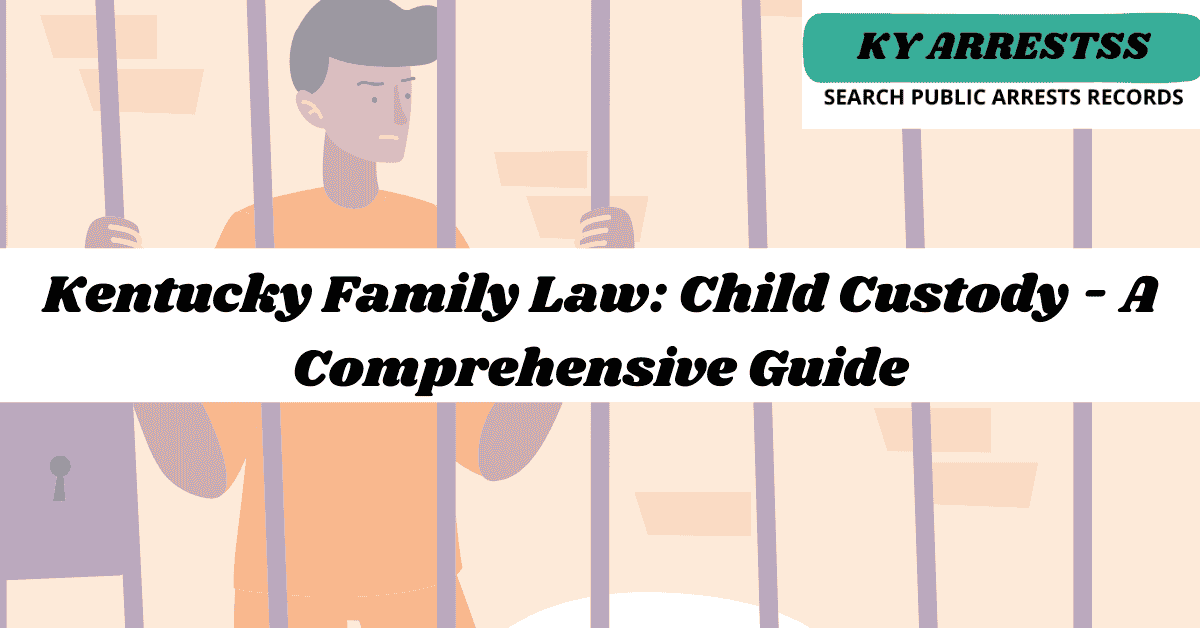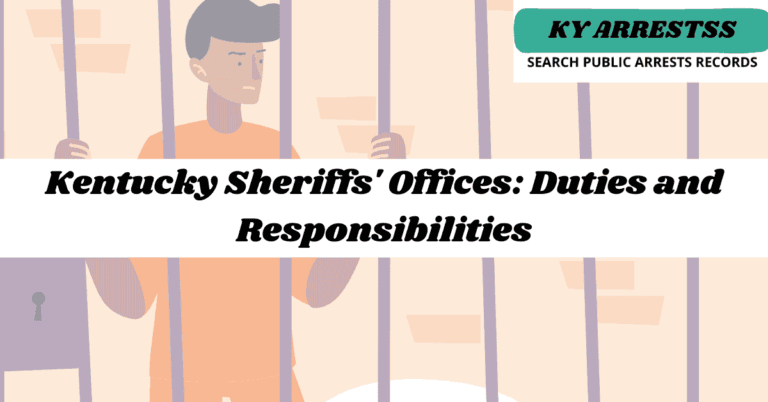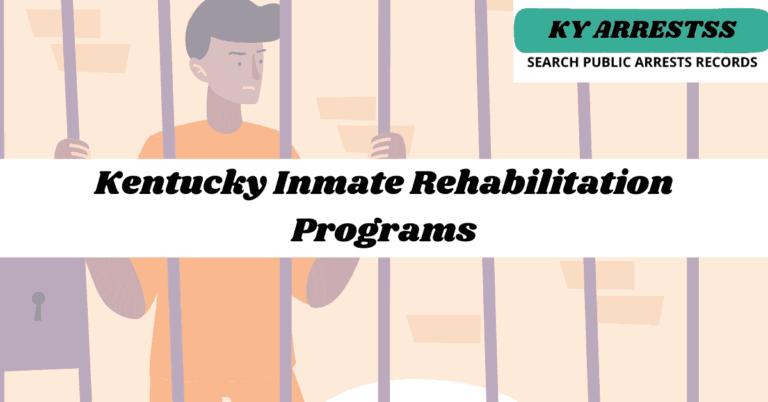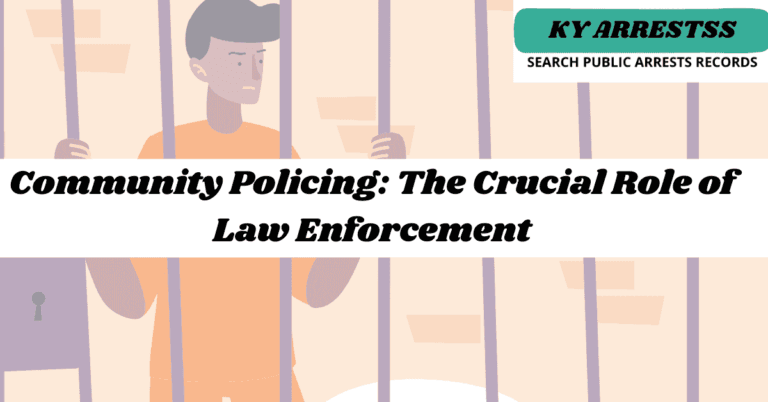Kentucky Family Law: Child Custody Expert Guide
When it comes to matters of family law, particularly child custody, understanding the legal landscape is crucial. In Kentucky, like in many other states, custody decisions are made with the best interests of the child in mind. This expert guide aims to provide a comprehensive overview of Kentucky family law pertaining to child custody, covering types of custody, legal considerations, custody arrangements, and much more.
Types of Child Custody
In Kentucky, child custody typically falls into two main categories: legal custody and physical custody. Legal custody refers to the right to make important decisions about the child’s upbringing, such as education, healthcare, and religious upbringing. Physical custody, on the other hand, pertains to where the child resides on a day-to-day basis.
Understanding Kentucky Child Custody Laws
Kentucky operates under the “best interest of the child” standard when determining custody arrangements. This means that courts consider various factors to determine what custody arrangement will best serve the child’s physical, emotional, and developmental needs. Factors may include the child’s relationship with each parent, the stability of each parent’s home environment, and the child’s adjustment to their community.
Types of Custody Arrangements
Custody arrangements in Kentucky can vary widely depending on the circumstances of each case. Sole custody may be awarded to one parent if it’s deemed to be in the child’s best interest, while joint custody may be granted if both parents are capable of cooperatively sharing parental responsibilities. Additionally, shared parenting plans may be established to ensure both parents have significant involvement in their child’s upbringing.
Factors Considered in Custody Determinations
When determining custody arrangements, Kentucky courts take into account a variety of factors, including the child’s wishes (if they’re deemed old enough to express a preference), each parent’s ability to provide for the child’s needs, the child’s adjustment to their home, school, and community, and any history of domestic violence or substance abuse.
Modification of Custody Orders
Custody orders may be modified under certain circumstances, such as a significant change in the child’s needs or living situation, or if one parent demonstrates a failure to adhere to the terms of the original custody arrangement. However, modifications must be approved by the court and typically require a showing of substantial change in circumstances.
Enforcement of Custody Orders
In cases where one parent fails to comply with a custody order, the other parent may seek legal remedies to enforce the order. This could include filing a motion for contempt or seeking assistance from law enforcement to ensure the child is returned to their care.
Parenting Plans and Custody Agreements
Developing a clear and detailed parenting plan is essential for co-parenting success. A parenting plan outlines each parent’s rights and responsibilities regarding the child and can help prevent disputes down the road. Parents are encouraged to work together to negotiate and draft a custody agreement that meets the child’s needs and fosters a healthy co-parenting relationship.
Mediation and Alternative Dispute Resolution
Mediation can be an effective tool for resolving custody disputes outside of court. A trained mediator can help facilitate productive discussions between parents and assist them in reaching a mutually acceptable agreement that serves the best interests of the child.
Role of Guardian ad Litem
In contentious custody cases, the court may appoint a Guardian ad Litem to represent the child’s interests. The Guardian ad Litem acts as a neutral advocate for the child and may conduct interviews, observe interactions between the child and each parent, and make recommendations to the court regarding custody arrangements.
Grandparent Visitation Rights
Kentucky law recognizes the importance of maintaining relationships between grandparents and their grandchildren. In certain circumstances, grandparents may petition the court for visitation rights if it’s deemed to be in the child’s best interest.
Domestic Violence and Child Custody
Cases involving allegations of domestic violence require careful consideration by the court. Kentucky law prioritizes the safety and well-being of children, and courts may take allegations of domestic violence into account when making custody determinations.
Relocation and Custody
If a parent wishes to relocate with a child, they must obtain court approval before doing so. Relocation cases can be complex and require careful consideration of the child’s best interests, as well as the impact of the move on the child’s relationship with the non-relocating parent.
International Child Custody Issues
International custody cases present unique challenges, as they involve navigating both domestic and international legal systems. Courts must consider factors such as the child’s citizenship, habitual residence, and the existence of any international treaties governing child custody.
FAQs
What factors do courts consider when determining child custody?
When determining child custody in Kentucky, courts consider several factors to ensure the best interests of the child. These factors include the child’s relationship with each parent, the child’s wishes (if they are old enough to express them), the mental and physical health of each parent, the child’s adjustment to their home, school, and community, and any history of domestic violence or abuse. Courts aim to create a custody arrangement that promotes the child’s overall well-being.
What are the different types of child custody arrangements in Kentucky?
Kentucky recognizes two main types of child custody arrangements – joint custody and sole custody. Joint custody involves both parents sharing the responsibility and decision-making for the child. Sole custody grants one parent the primary physical and legal custody of the child, with the other parent typically having visitation rights. Within these arrangements, specific schedules and visitation plans can be tailored to meet the unique needs of the child and parents.
Can grandparents be granted custody or visitation rights?
Yes, grandparents in Kentucky can be granted custody or visitation rights under certain circumstances. If it is determined that awarding custody to the grandparents is in the child’s best interests, the court may grant them custody. Similarly, if it is in the child’s best interests to maintain a relationship with their grandparents, the court may grant visitation rights. The court considers factors such as the child’s relationship with the grandparents, the parents’ wishes, and the overall well-being of the child.
What is the process for modifying a child custody order?
If there is a significant change in circumstances that affects the child’s well-being, either parent can petition the court to modify a child custody order. The parent requesting the modification must provide evidence supporting the need for the change. The court will then evaluate the new circumstances and determine if modifying the custody order is in the child’s best interests. It is important to consult with an attorney familiar with Kentucky family law to navigate the modification process effectively.
What is the role of mediation in child custody cases?
In Kentucky, mediation is often used to help parents reach a mutually agreeable custody arrangement outside of court. Mediation involves a neutral third party who facilitates communication and negotiation between the parents. It is an opportunity for both parents to express their preferences and concerns while working towards a solution that prioritizes the child’s well-being. Mediation can be a beneficial alternative to litigation, as it allows parents to have more control over the final custody agreement.
Conclusion
Navigating the intricate landscape of Kentucky family law can be an intimidating task, particularly when dealing with issues as sensitive as child custody. The legal framework surrounding such matters involves a myriad of statutes, precedents, and considerations, making it a complex terrain to navigate. From determining custody arrangements to addressing parental rights and responsibilities, every aspect demands careful attention and understanding. Moreover, emotions often run high, adding an extra layer of complexity to these already challenging proceedings. Therefore, seeking knowledgeable legal guidance and support becomes paramount in ensuring fair and just outcomes for all parties involved.







